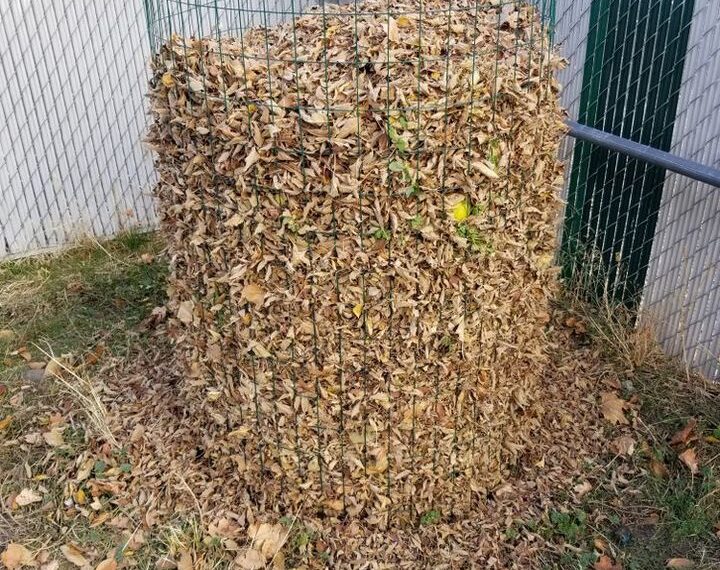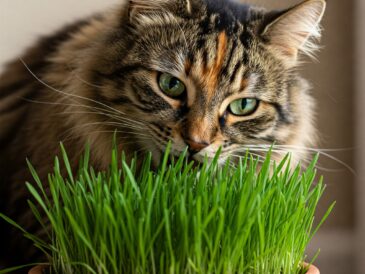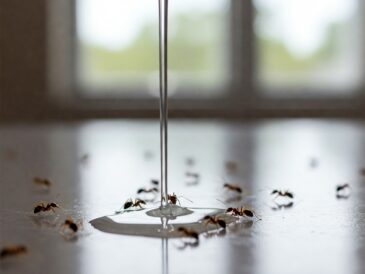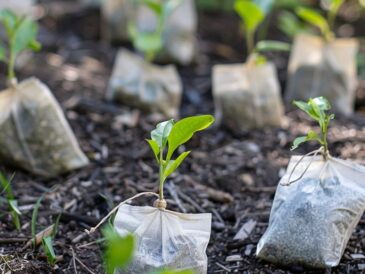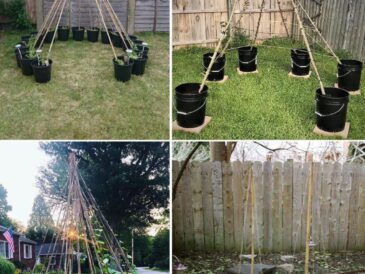Types of Leaves to Use and Avoid
While most leaves are beneficial, not all are ideal for composting or mulching.
- Great Leaves for Gardening: Maple, birch, beech, and fruit tree leaves are excellent for composting and leaf mold.
- Leaves to Avoid: Tough, waxy leaves like holly, eucalyptus, and some evergreen leaves take a long time to decompose. Walnut leaves contain juglone, a toxin that can inhibit plant growth, so they should be composted with caution.
Benefits of Using Leaf Gold
- Improved Soil Structure: Leaf mold improves soil’s ability to retain moisture and aeration, making it ideal for flower beds and vegetable gardens.
- Cost-Effective: Instead of buying commercial compost or mulch, leaves offer a free and eco-friendly alternative.
- Weed Control: Leaf mulch suppresses weeds by blocking light, making it harder for them to grow.
- Nutrient Boost: As leaves break down, they release essential nutrients into the soil, providing long-term benefits for your plants.
Conclusion
Turning fallen leaves into gardener’s gold is an easy, eco-friendly way to enhance your garden. Whether you make leaf mold, compost, or use them as mulch, fallen leaves can help improve your soil, reduce waste, and create a thriving garden. This autumn, instead of raking your leaves to the curb, put them to good use and watch your garden flourish.
